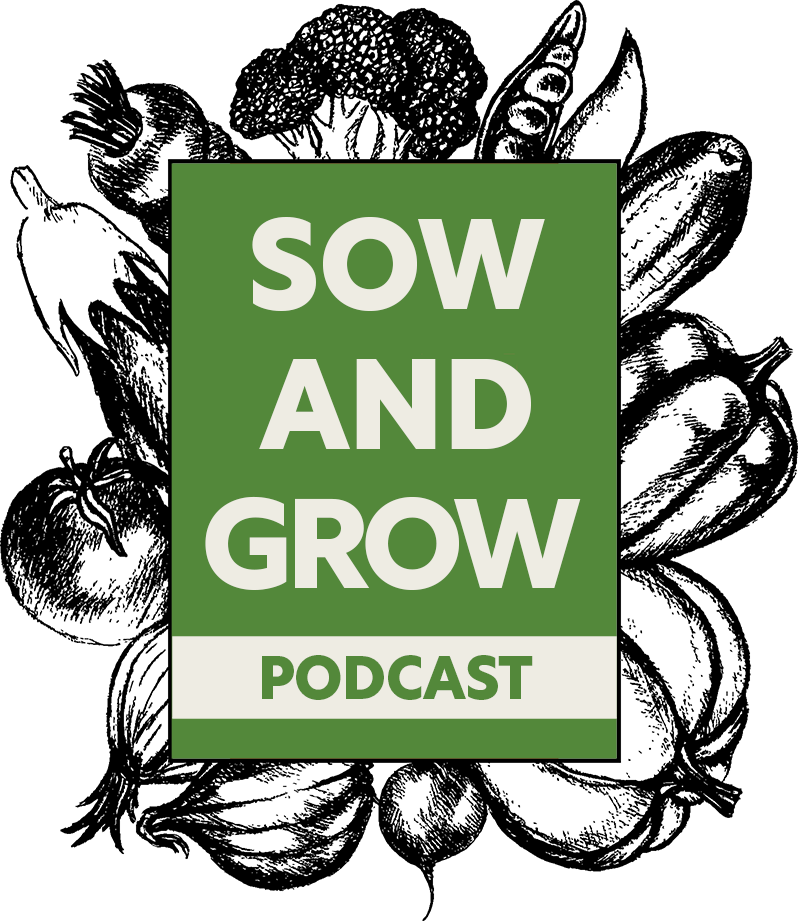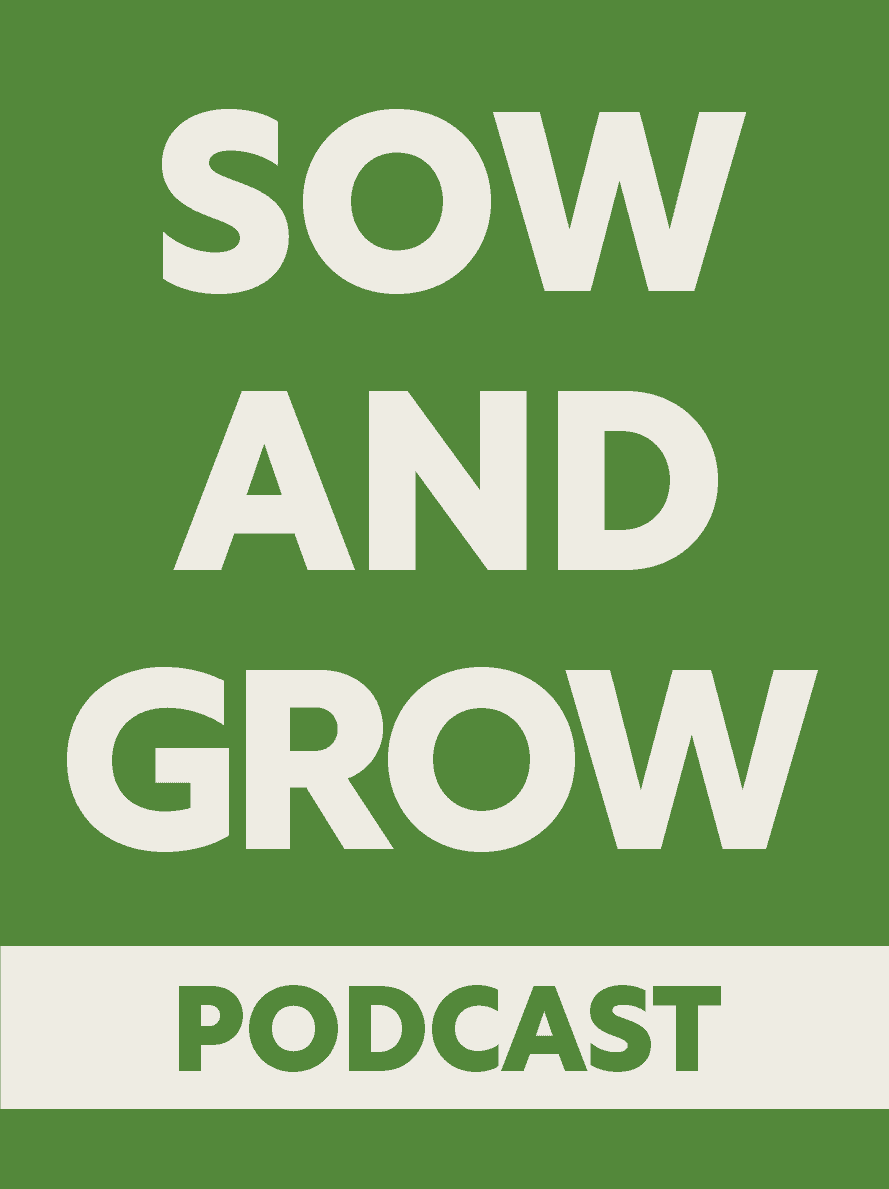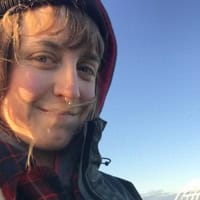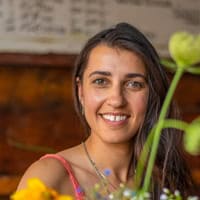Release Date: June 12, 2022
Learn about land access issues, specifically the financialization of growing/farm land with our guest Katherine Aske. We’re going to clarify the difference between valuing land as a financial asset and valuing land by its productivity. Access to farmland is one of the main factors gatekeeping agriculture because of the colonial context, financial challenges, and land grabbing done by speculative investors. Katherine shares findings from her research about land tenure models in the Canadian context.
For more about land issues and Kat’s farming experience, check out the links below.
- landfoodsovereignty.ca
- Losing Our Grip How a Corporate Farmland Buy-up, Rising Farm Debt, and Agribusiness Financing of Inputs Threaten Family Farms and Food Sovereignty | National Farmers Union
- Protecting the Commons | National Farmers Union
- Farmland Ownership | National Farmers Union
- About Us | CSFS at UBC Farm
As always, a huge thank you to the National Farmers Foundation (NFF)

Other Episodes in this series
Episode 1: Who Will Feed Us
Episode 2: Corporatization of Agriculture
Episode 4: Land Access (Part Two)
Episode 5: Migrant Farm Labour and Building the Solidarity we Need
Episode 6: The True Cost of Food
Episode 7: The Climate Crisis and Farming
View all episodes in:
contributors
Katherine Aske
Guest
Katherine grew up in Mi’kma’ki. From 2019-2020, she interviewed grain and oilseed farmers across Alberta for her MA research into the financialization of farmland. She has worked as a farm worker in Alaska and around Vancouver, and is currently farming on unceded Musqueam territory as UBC Farm’s Practicum Field Coordinator. She previously worked for the National Farmers Union (NFU) in New Brunswick, and is now involved in leading the NFU’s Farmland Committee. She lives for moments like singing Solidarity Forever at NFU conventions.
Madeline (Maddie) Marmor
Co-Host/Producer
Maddie is a landless farmer born in downtown Toronto. She has been farming for the past 8 years on farms throughout Ontario and has grown food on the current and traditional lands of the Houdensaunee, Anishinabewaki, Attiwonderonk, Mississauga, Odawa, Wendake-Nionwentsïo, Petun, Saugeene – Ojibiway nations. Over the years she has come to recognize the privilege and political significance of farming on stolen land, knowledge which has informed her dedication to food sovereignty and agroecology. She is an active member of the National Farmers Union, sits on the North American Nyéléni Coordination and accompanies systems change in food spaces as an adult education facilitator.


